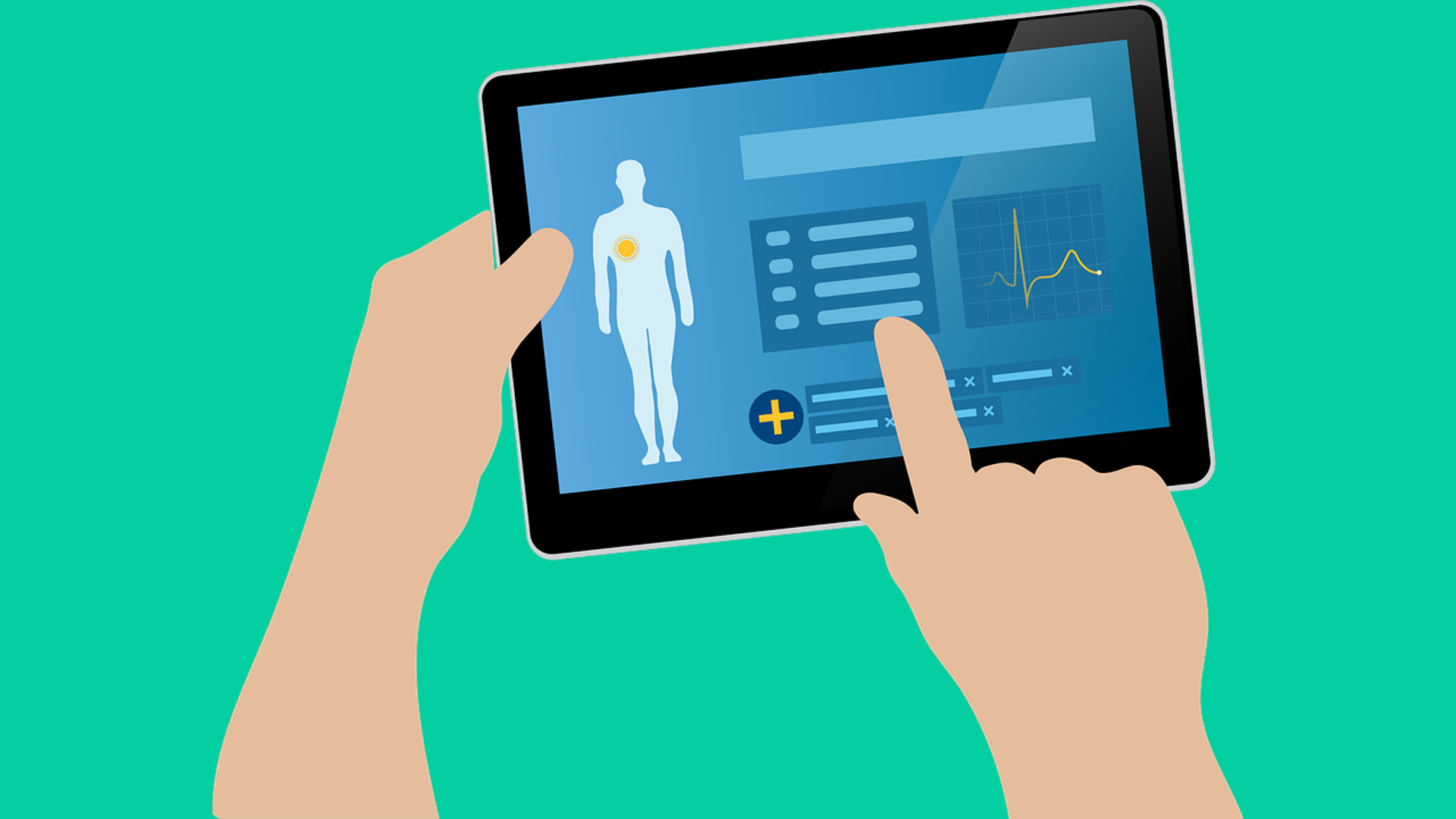
By Areeq Chowdhury.
It can often feel as though artificial intelligence (AI) is over-hyped or misapplied in society, but in healthcare it can have a huge positive impact. The announcement that the UK Government will be pumping £250m into the NHS to help establish a national AI laboratory, is a welcome one. With an ever-growing, ageing, population our often strapped-for-cash NHS needs to modernise and innovate in order to survive. Can AI and other emerging technologies help? Some may dismiss the announcement as money which would be better spent on training more doctors and nurses – previous NHS IT projects haven’t exactly been a roaring success – but, if spent well, what AI health applications could we see in the future?
At Future Advocacy, we categorise AI healthcare applications into five key areas:
- Process optimisation (e.g. procurement, logistics, and staff scheduling)
- Preclinical research (e.g. drug discovery and genomic science)
- Clinical pathways (e.g. diagnostics and prognostication)
- Patient-facing applications (e.g. delivery of therapies or the provision of information)
- Population-level applications (e.g. identifying epidemics and understanding non-communicable chronic diseases)
Across these areas, AI has the potential to revolutionise the accuracy, delivery, and performance of key tasks in the NHS. Below are just five examples of where AI is already being used for healthcare applications around the world.
Production of weekly and monthly staff rotas
Seen as time-consuming and inefficient, staff rotas are often cited as a cause for frustration amongst healthcare practitioners. By encoding knowledge of ward operations and hospital regulations as rules and constraints, the Hong Kong Hospital Authority developed the AI Rostering Engine to automate the production of weekly and monthly staff rotas. The system uses AI and constraint programming technologies and has been in use for more than 20 years already. With the Authority managing 40 hospitals, 700 wards, and 40,000 staff, the manual production of these rotas required significant time, money, and human resource. By using AI to help reduce this burden, the Authority claims to have improved productivity, morale, and service provision.
Drug discovery and re-purposing
A growing number of developers are attempting to use AI to advance drug discovery and re-purposing. Advances in machine learning combined with good quality data has the potential to significantly speed up the process of identifying and testing new drugs. Benevolent AI, based here in the UK, mines and analyses data from clinical trials, academic papers, and elsewhere to predict the effectiveness of different compounds. Early results from a research collaboration they undertook with four UK sight-loss charities identified seven existing drugs which can be re-purposed to treat macular degeneration and highlighted new gene targets for investigation. Recent statistics show that almost 1.5m people in the UK are affected by macular degeneration, the single biggest cause of sight-loss.
Analysis of optical coherence tomography scans
The increased use of optical coherence tomography (an imaging technique used when investigating eye complaints) has led to a higher than usual number of referrals in recent years. At Moorfields Eye Hospital in London, more than 1,000 OCT scans are undertaken every day and it is estimated that 5-10% of high street optometrists are beginning to offer this service. In 2016, there were 7,000 referrals to the Outpatients Clinic at Moorfields Eye Hospital which were labelled as ‘urgent’.

To combat this pressure, they have been working with DeepMind Health (part of Google’s parent company, Alphabet) to develop a tool which uses deep learning to analyse OCT images and flag up those which require most urgent treatment, acting as a useful triage system. Initial results from the trials found that the AI tool gave the correct diagnosis 94.5% of the time which is ‘as good, or maybe even a little bit better than world-leading consultant opthamologists’.
Autonomous, closed-loop, insulin pumps
AI has the potential to enable patients to self-manage their conditions at home after being discharged from hospital. Although not widely used around the world due to cost and limited availability, autonomous, closed-loop, insulin pumps may revolutionise how diabetes patients manage their blood sugar levels in the future. US company Medtronic and IBM Watson Health have been developing autonomous insulin pumps which continuously monitor glucose levels and automatically supply insulin as and when needed. However, the project has come under severe criticism in recent months after security researchers found vulnerabilities which would allow hackers remote access to the pumps. If these challenges are overcome in future, we could see AI applications replacing the need for patients to self-administer insulin.
Predicting public health trends
In Switzerland, preliminary work has been undertaken to analyse conversations on social media to help better understand health trends and improve public health intervention programmes. Crowdbreaks uses natural language processing and machine learning techniques to filter relevant information through real-time, crowdsourced labeling of social media content. It’s been used to indicate public opinion towards vaccination on the basis that a decline in vaccine confidence could be linked to disease outbreaks. This lack of confidence, known as vaccine hesitancy, was listed as one of the top 10 threats to global health by the World Health Organization earlier this year. If deployed well, such systems can become useful tools in the fight against online health misinformation campaigns.
Of course, all of the above is presented with an optimistic outlook on how AI could transform healthcare. There will be numerous challenges. How is patient data protected? What are the implications of using AI for life or death decisions? Are these new technologies something that patients and health practitioners are comfortable with? There is extensive thought being put into this. Last year, we published a report commissioned by the Wellcome Trust examining the vast range of ethical, social, and political challenges of AI in health. If, however, the NHS succeed in developing useful new systems, they can transform healthcare provision in the UK freeing up resources, lowering costs, and improving health outcomes.
Areeq Chowdhury is the Head of Think Tank at Future Advocacy.